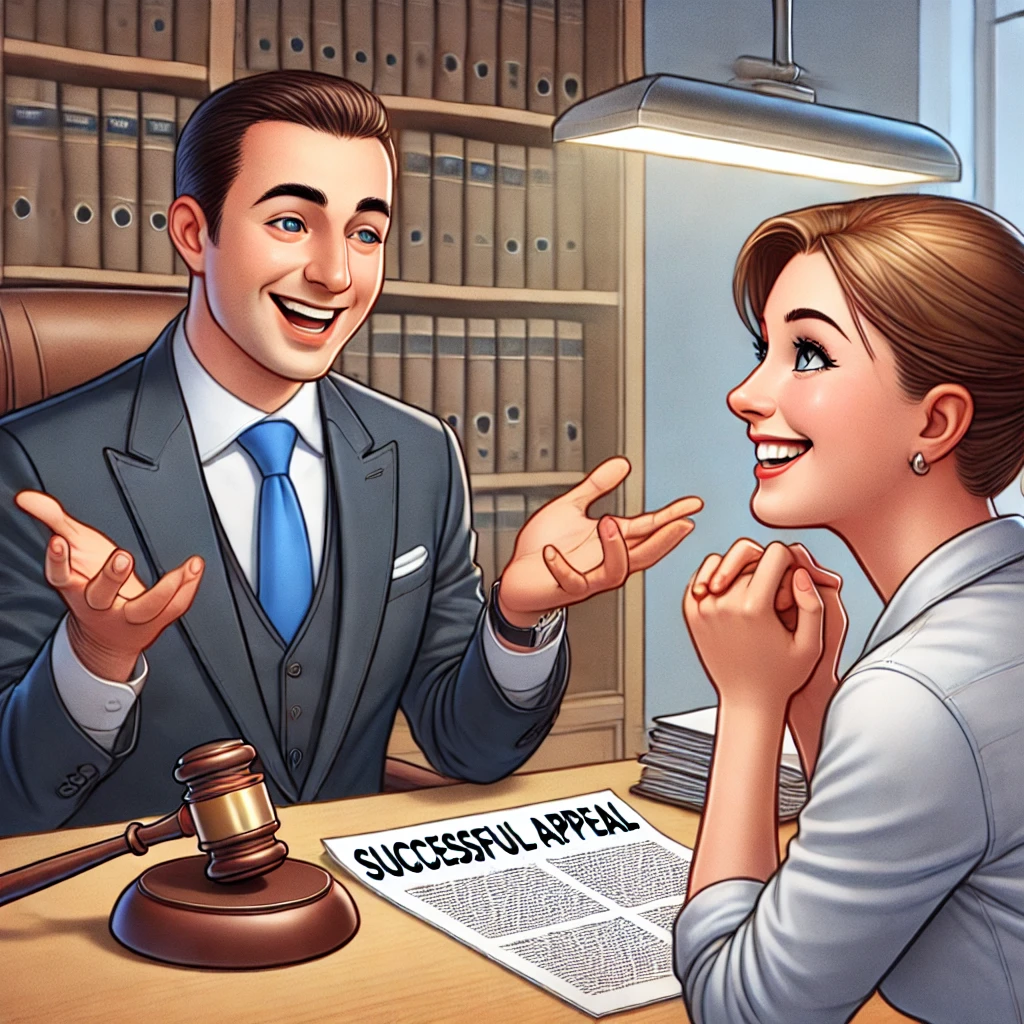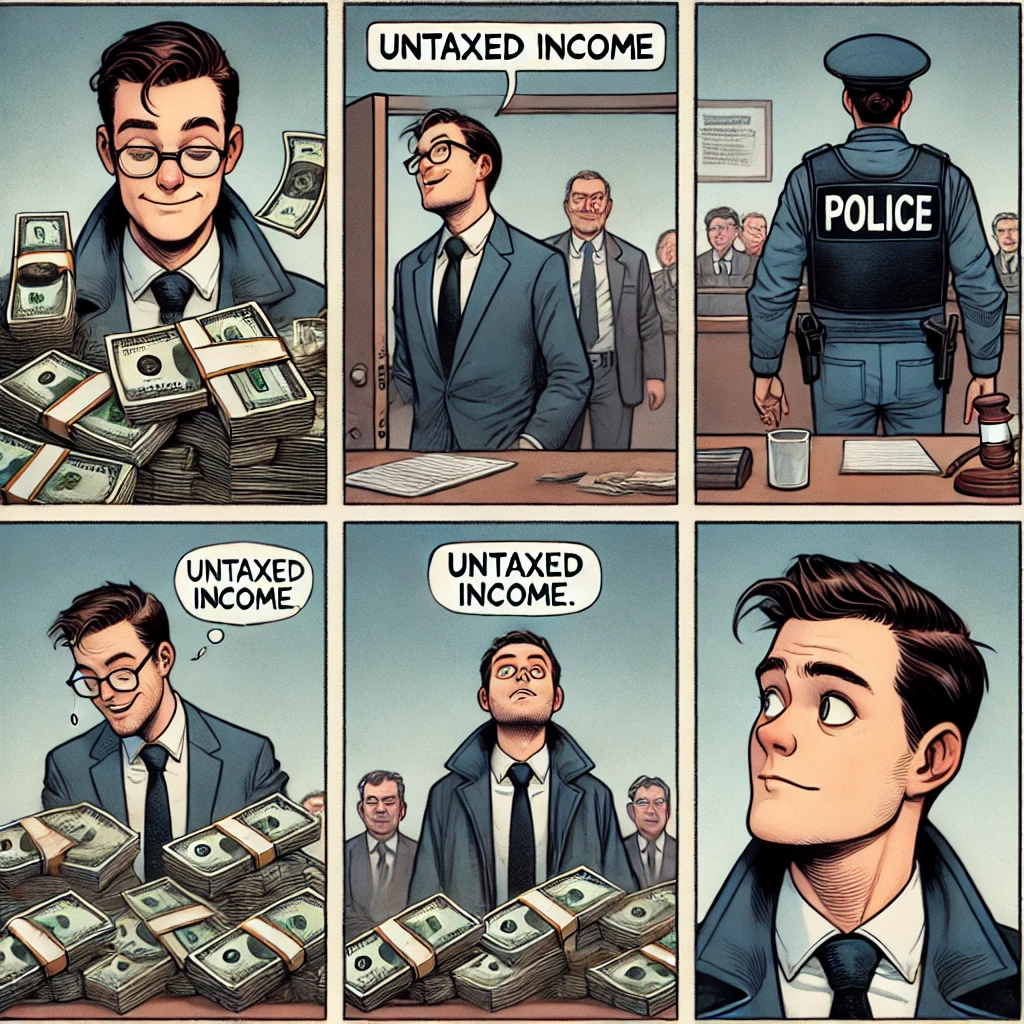Criminal proceedings can be a complex and stressful process, and filing an appeal can seem challenging. An appeal offers the opportunity to contest a lower court’s decision if it appears unjust or based on errors. Below are key recommendations for filing a successful appeal and increasing the likelihood of a positive outcome.
Introduction: The Importance and Key Points of Filing an Appeal
The ability to file an appeal is an important part of the legal system, as it allows individuals to have their cases reconsidered by a higher court. Appeals must be submitted within strictly defined timeframes, typically within 30 days from the announcement of the decision in criminal cases. Additionally, the appeal must be submitted in writing and clearly state the points of the original court decision being contested. To submit a successful appeal, it is helpful to engage an experienced lawyer who understands the process and can present strong arguments.
Q&A: Frequently Asked Questions on the Appeals Process
- What is an appeal in a criminal case?
– An appeal is a request to a higher court to contest the decision of a lower court and seek to have it changed or overturned. - When can an appeal be filed?
– An appeal can be filed within a certain period following the decision of the lower court, usually within 30 days. - Where is an appeal filed?
– Appeals are filed with a higher court, generally an appellate court. - What are the main grounds for filing an appeal?
– Common grounds for appeal include procedural errors, incorrect application of the law, or improper assessment of evidence. - Is a lawyer required for an appeal?
– While a lawyer is not required by law, an experienced attorney is strongly recommended to increase the chances of success. - How long does the appeals process take?
– The process length can vary depending on case complexity and court workload, but it may take several months. - Are there specific formal requirements for an appeal?
– Yes, appeals must meet certain formal requirements. - Does an appeal halt the enforcement of the original decision?
– Filing an appeal does not automatically halt the enforcement of the decision unless the court decides otherwise. - What documents are needed to file an appeal?
– You will need to submit an appeal complaint and all relevant evidence. - Can new evidence be presented in an appeal?
– Typically, no, unless the new evidence is directly related to justice. - What happens if the appeal is denied?
– If denied, the lower court’s decision remains in force, though additional legal remedies may be available. - What is the likelihood of success in an appeal?
– It depends on the case details and whether there were significant errors in the original decision. - Can a law’s interpretation be challenged in an appeal?
– Yes, appeals can challenge the application and interpretation of the law by the lower court. - Is the appeal based on the same evidence?
– Yes, appeals generally rely on the same evidence and arguments. - What are the main duties of a lawyer in an appeal?
– The lawyer drafts the complaint, substantiates the appeal, and represents the client in court. - How important is it to meet deadlines?
– Deadlines are extremely important; missing them may lead to the automatic rejection of the appeal. - Can an appeal be withdrawn?
– Yes, the appellant can withdraw the appeal if they choose to do so. - What are the costs of an appeal?
– Costs vary depending on the case complexity and attorney fees. - What decisions can an appellate court make regarding an appeal?
– The court can uphold, amend, or overturn the lower court’s decision.
Practical Examples: How a Lawyer Has Helped in the Appeals Process
- Example 1: A client contested a prior conviction because important evidence was ignored. The lawyer identified procedural errors and presented strong arguments in the appeal, leading to a reversal of the decision.
- Example 2: A lawyer helped a client reduce their sentence in an appeal by proving that the punishment had been determined with errors in the application of the law.
- Example 3: An individual filed an appeal on a damage claim. Thanks to the lawyer, a serious error was identified in the initial decision, leading to a successful appeal and compensation for the client.
Tips for Writing an Appeal
- Follow the established formal requirements and deadlines
Appeals must adhere to strict deadlines and formal requirements. The complaint must usually be filed within 30 days of the decision announcement. Not following these rules may result in dismissal. - Clearly formulate your requirements
Specify what you are requesting: cancellation, amendment of the decision, or its reconsideration. This will help the court understand your intentions. - Identify specific legal or procedural errors
Successful appeals often focus on procedural errors or the misapplication of the law. Carefully review the previous court decision to identify potential violations. - Avoid emotional language, focus on facts
Emotional appeals do not help the court make an objective decision. Instead, provide only the facts and evidence that support your appeal. - Prepare thoughtful arguments and references to evidence
Cite relevant evidence and previous court decisions that support your appeal. - Engage a lawyer if possible
An experienced lawyer can help choose the right approach and draft a complaint that meets legal requirements, increasing your chances of success. - Support arguments with references to laws and court practices
Back up your points with references to current laws and similar cases, giving your appeal a solid legal basis. - Submit all necessary documents and attachments
Make sure to include all important documents and evidence with the complaint. Missing documents can weaken your position. - Have realistic expectations
Realistically assess the prospects of your appeal. Discuss the strengths and weaknesses of your case with your lawyer and consider the likely outcome.
Following these recommendations will help you prepare a clear and convincing appeal, increasing your chances of success. If you have questions about filing an appeal or need professional assistance, please contact attorney Ilya Zuev.







